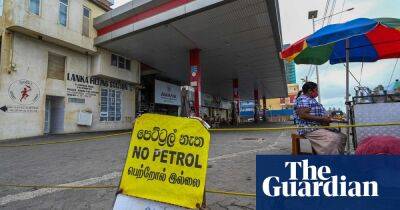China’s property market is in freefall. What does this mean for the world economy?
The property sector in the Chinese economy has always been something of a puzzle. At its peak, it accounted for a quarter of the nation’s economic output, broadly measured. And it sees people in Beijing and Shanghai paying house prices similar to those in San Francisco and New York, despite having just a quarter the income of American buyers.
Now many believe that we are about to see a violent contraction of the property market in China. The government wants to intervene to curb speculation, and rein in what it calls the “three high” problem: high prices, high debt and high financialisation. The approach has been nothing short of dramatic. Financing for property developers has tanked. Earlier this year, property sales declined by as much as 20-30%, in-progress developments are not being completedand people have taken to the streets, banding together to stop mortgage paymentson such projects in protest.
Many of China’s largest property developers are failingto repay their debts. Even the survivors are cash-strapped and in a liquidity crisis. The risk is that the property market crisis will drag the broader economy down with it, hitting suppliers, small- and medium-sized companies in construction, as well as household consumption. And dangerously, the banking system has at least a quarter of its assets in property.
What is currently needed is a backstop to the self-fulfilling crisis: the belief that property developers will be insolvent impels buyers to hold off their purchases and financing to dry up. Some monetary easing and relaxation in the mortgage market is not enough: stimulating demand by loosening mortgage lending won’t solve the problem and a proposed bailout package will probably not move the needle. The
Read more on theguardian.com























